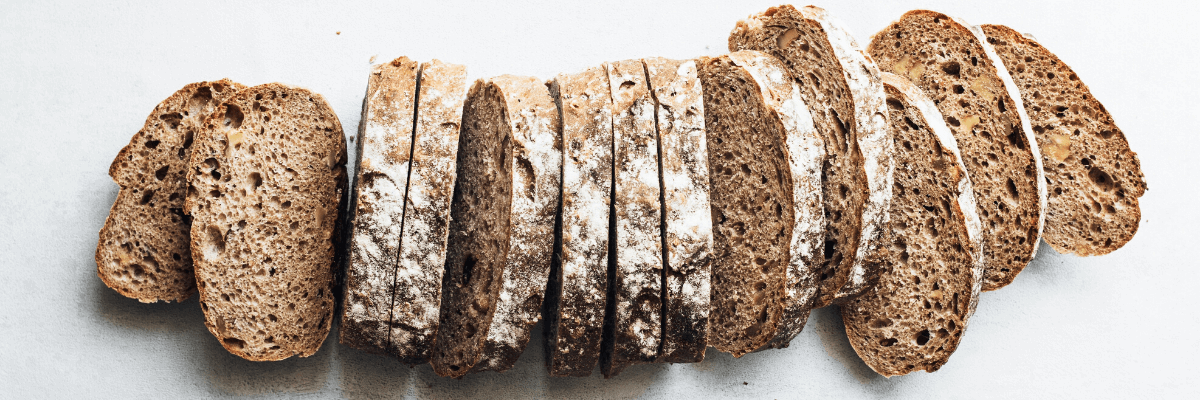
Why Should You Follow A Gluten Free Diet?
There are a variety of ways of eating that people choose for health and/or philosophical reasons. One of these ways of eating is gluten-free. Gluten — a protein found in wheat, barley, and rye — makes dough elastic and malleable and helps foods such as bread, pasta, and cereals hold their shape.
Celiac disease is a chronic, autoimmune disease in which gluten triggers an autoimmune response which attacks the lining of the small intestine. A damaged, inflamed intestinal wall cannot properly absorb nutrients into the bloodstream leading to deficiencies and number health issues. For a person with celiac disease, the only effective treatment is an entirely gluten-free diet.
There are many other people without celiac disease who still experience signs of a gluten intolerance such as bloating, gas, diarrhea, brain fog, and skin rashes. In an effort to relieve these symptoms, people with an intolerance may also choose a gluten-free diet.
Gluten is found in a wide variety of foods so there are a variety of foods to avoid on a gluten-free diet. Of course, this includes obvious things such as breads, cakes, and cereals, but also things like soups, sauce mixes, beer, french fries, and processed meats. Labels should be read carefully to look for names of ingredients that contain gluten.
Fortunately, there are many healthy and delicious foods that are naturally gluten-free such as fresh meat, fish and poultry, eggs, vegetables, fruits, unprocessed beans, nuts, and seeds, and dairy products. You can also choose from a number of whole grains if they have not come in contact with other grains, preservatives, or additives containing gluten. Look for rice, oats, corn, soy, arrowroot, and millet from a gluten-free facility.
There are also supplements that can be used to help support your gut while dealing with a gluten sensitivity:
Probiotics
Probiotics help restore our healthy gut flora, where over 70% of our immune system resides. By supporting our gut and immune system, this can help to reduce gut permeability. If you have been suffering from food sensitivity symptoms for quite some time you are most likely dealing with an amount of inflammation in the gut. By introducing a probiotic you are able to support your intestinal tract and the healing of the gut barrier.
Digestive Enzyme
Digestive enzymes are a great addition for when we need that extra support in breaking down certain difficult proteins like milk or gluten. There are specially formulated enzymes like, Gluten Relief from Natural Factors. This formula has a balanced blend of enzymes that are needed to break down difficult-to-digest foods. By adding an enzyme like this to your meals you are able to support your digestive system and reduce any potential symptoms associated with a food sensitivity.
L-Glutamine
This amino acid has an important role in our intestinal health. L-glutamine is an essential amino acid and it helps to maintain the barrier between our gut and the rest of our body. In order to protect ourselves from leaky gut, we need to maintain a healthy barrier. Also, over 70% of our immune system is found in the gut. By maintaining a healthy gut, we can have a better chance at dealing with a gluten sensitivity.
Like any dietary change, eating gluten-free can have its challenges, but you will soon find you have found new options and built new habits, and your gut will thank you.